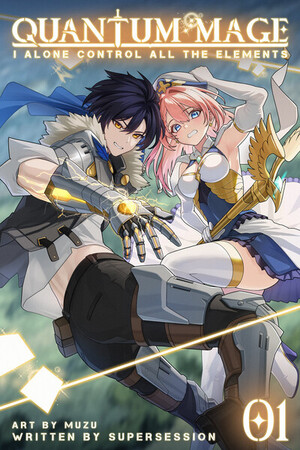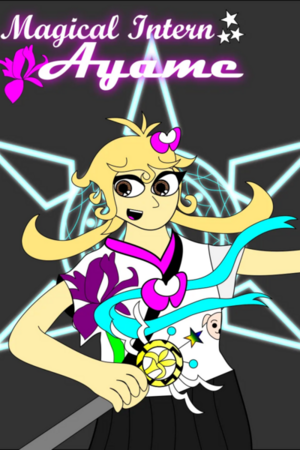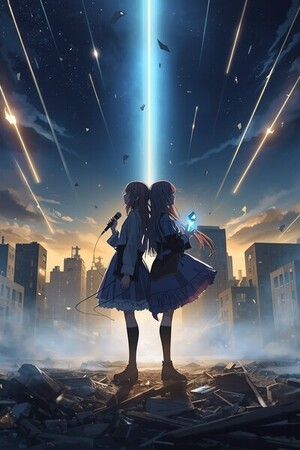Chapter 7:
CHAPTER 7: The Seventh Fracture
FRACTURES
We all sat down at the table.
For the first time in what felt like a century, I tasted real food—meat, vegetables, warmth. I couldn’t stop the tears. They welled up quietly, not from pain, but from something I’d almost forgotten: comfort.
I took my time, savoring every bite like it might disappear if I looked away.
Across from me, Saaya ate with a strange grace. Zurvan and Zamaneh too—elegant, deliberate. Like even eating was some kind of ritual.
My eyes drifted to Saaya. Her expression stayed unreadable, but there was something soft around the edges. She noticed me watching, and for just a moment, our eyes met. She looked away first.
Once we’d had our fill, Zurvan set down his utensils with a gentle clink.
“So, Sukara,” he said, “what would you like to know?”
I began asking questions in a calm, steady voice.
“The first thing I want to ask is: what is a fracture? I’ve heard the term used throughout my time here, but I never understood what it really means. I feel this is a good place to start.”
“Someone coming from an alternate reality would be curious,” Zurvan said. “Listen, Sukara—a fracture is what we call the world, the multiverse, everything in existence.”
“So you’re saying a fracture is all of reality? Everything encompassing the multiverse? Planets? Galaxies? Nebulas? People? Everything?” I asked, trying to grasp the concept clearly.
“Precisely! But that’s not all. It’s true that a fracture is all of reality, but fractures are also part of the Scalar Grid,” Zurvan explained.
“I still don’t understand what the Scalar Grid is, though. I have a firm grasp of fractures, but could you explain what the Scalar Grid is and how it connects to fractures?” I asked calmly.
Saaya was listening intently, clearly curious about the world she lived in.
“The Scalar Grid is not magic. It’s not divine. It’s not even bound by logic as you understand it. It’s the source code of existence—the underlying structure that allows everything else to be possible.”
I leaned forward, eyes narrowing. “And the fractures?”
Zurvan looked at me.
“Fractures are not separate from the Grid. They are born of it. Each one is like a bubble—a pocket of reality held in place by scalar tension—an equation nested within the larger formula. Within the Scalar Grid, there is an infinite number of fractures.”
Saaya’s voice was soft. “So… each fracture runs on the Grid?”
Zurvan nodded. “Yes. Like programs running on the same operating system. Each with its own rules, its own time, its own truth—but still connected. Still dependent. Separate realities, parallel worlds.”
He turned his gaze upward, eyes distant.
“The gods built their thrones near the Grid’s core—where rules have not yet solidified. They shape the laws from above, bending logic before it becomes fixed. But even they don’t fully understand it.”
I looked down at my hands, remembering the feeling—the moment I bent the air, rewrote the path of a blade, felt time hesitate.
“I touched it,” I whispered.
Zurvan nodded slowly.
“You didn’t just touch it. You left a mark. The Scalar Grid remembers. Everything.”
He stepped closer, his voice low but heavy.
“And if it remembers you, Sukara… then it may begin to change. Fractures don’t stay isolated forever.”
I sat there in silence, looking down at my knees. Saaya watched me. I looked back up at Zurvan.
“So, what did you mean by the ‘10 fractal layers’ when you were fighting off the other five gods?” I asked, confused.
Zurvan’s eyes flickered with a faint glow as he regarded us both.
“Fractal layers,” he began, “are the hidden depths within each fracture. Think of a fracture—not just as a single world or universe—but as a nested structure. Each fracture contains layers upon layers, each one a smaller scale of reality folded inside the next.”
He spread his hands as if unfolding an invisible map.
“Imagine an endless set of mirrors facing each other, each reflection containing a smaller, deeper world. These are the fractal layers—nested realities within a single fracture, each one with its own rules, its own space and time.”
Saaya’s brow furrowed. “How many layers are there?”
Zurvan’s gaze darkened. “In theory, infinite. But in practice, most fractures have a limited number that can remain stable.”
He paused, then looked at me.
“In the fracture we occupy, there are ten fractal layers. Each one stacked like pages in a cosmic book, each influencing the others—sometimes subtly, sometimes violently.”
“The gods,” he continued, “try to control the top layers—the closest to the core of the Scalar Grid—because that’s where reality is most fluid. Change a rule there, and it ripples down through every layer beneath.”
I swallowed hard. “So when you fought the other gods, you were battling across those layers?”
Zurvan nodded slowly.
“Yes. The conflict wasn’t just physical—it was a war over the very fabric of the fracture. The layers, the rules, the grid itself.”
Saaya looked at me, eyes wide with understanding.
“So let me give you the basic rundown, because I know I explained a lot about our world.
The Scalar Grid is the foundation of all reality. It connects infinite fractures—separate multiverses that make up everything that exists. Each fracture is like a universe made up of ten known fractal layers, which are nested levels of reality within that fracture. The gods rule near the top layers where reality is most flexible. Everything—including you, Sukara—is connected to and influenced by this Grid.” Zurvan said this in a calm voice.
I sat there, collecting all that information. Then I looked up at him and asked,
“Do you think it’s possible for me to return to my home world?”
Zurvan looked at me, his expression hard to read.
“Honestly, I don’t know. I don’t even know if the world you came from still exists.”
Saaya’s voice cracked as she yelled, “Zurvan!!”
“I’m giving him the reality of his situation,” Zurvan said. “We don’t really know if your reality even exists anymore. You’ve seen firsthand the gods can erase anything they want just by thinking about it. They could have erased your home planet in an effort to completely erase you from all of existence.”
I stood up and said,
“Please excuse me.”
Saaya looked at me as I walked out the door. She had a sad look in her eyes. Zurvan just sat there, and Zamaneh started cleaning the dishes.
stepped outside to think about everything that had been said—the possibility that my home no longer existed, that my family and even my best friends might be gone.
I looked up at the sky and let out a heavy sigh. My powers still worked here, and I could feel Saaya’s scalers nearby. I knew she was watching me, carrying a sadness I could never have imagined.




Please sign in to leave a comment.